Oh hi there!
I hope you’ve had a lovely week. I’m happy to tell you that after our bat encounter, we’ve officially finished the full rabies treatment plan (a series of four different vaccine sessions). All that’s left is the bill (dun dun dun).
But I don’t want to think about that right now, so let’s get to the kid table vibe of the week and learn some things from the great Arnold Lobel instead.
Note: You can listen to this newsletter as a podcast above or read it below.
The kid table vibe of the week: Overenthusiasm
I’ve always been a little…overenthusiastic. Like I genuinely get so excited about so many things that sometimes I overwhelm myself. (I say this knowing just how ridiculous it sounds haha).
For example, in middle school, I received an assignment to write an advertisement that we would eventually record for a real radio show. It was a group project, and my brain came alive with the unlimited creative possibilities. We even had the space to be FUNNY which is my favorite place to play.
Well, let’s just say my classmates had no idea what to do with someone who actually cared and even (gasp!) enjoyed doing the assignment. If the definition of cool is apathetic (which it usually is), I was a hot potato in a sea of ice cubes.
Now that I’ve given you just a glimpse into my own weirdness, you can probably imagine what I’m like at a couch store. Yeah?
Okay, so picture my overenthusiastic self at a couch store.
Sitting on everything. Touching all the fabric samples. Saying “ooh,” “aww,” and “I love it,” every few minutes. And after many couch store visits, Aaron and I had finally found the one.
The salesperson who helped us was very nice (like we were having so much fun that she offered us Mexican food in the back room where the employees hang out because they were celebrating something that day haha). And BONUS: we knew it wasn’t gross salesman nice because we had already decided on the couch before talking with her.
As we were finalizing everything and signing paperwork and all that, she shared how she was also a writer — a screenwriter actually — and had done some stuff in LA before she settled in Washington with her family. We chatted about her background and geeked out over writer stuff and, before I knew it, I felt so excited about her writer dreams that when she reached out to shake hands in congratulations for our new couch, I grabbed her entire arm.
YES, I OVER-ENTHUSIASTICALLY GRABBED HER ENTIRE ARM, YOU GUYS.
We both looked down in shock. Me at the strangest handshake I have ever given. And her for obvious reasons.
I had no idea what to say, so what I said was, “Oh sorry, this kinda felt like a hug moment, and so I guess my handshake turned into an arm hug?”
Thank goodness she laughed and was cool about it, but my face still turns bright red when I think about the moment my enthusiasm took over my body and gave a complete stranger an arm hug.
So yeah, that’s how I am at a couch store.
This week at my desk…
I’m working on my second picture book. Somehow I painted the most perfect pile of leaves, and I’m afraid I will never make anything else look this good!
I’ve also been visiting bookstores to plan my debut book shenanigans (more on that as things get finalized).
This week AT THE KID TABLE, we’re sitting with Arnold Lobel!
You probably know him because of the award-winning Frog and Toad series — some of the greatest stories of all time. What I love about Lobel is that within an atmosphere of gentleness, he explores the complicated — and sometimes downright terrifying — and he even leaves you there sometimes. But always with a sense of safety.
Like in “Alone,” Frog takes alone time and Toad is terrified he did something wrong; the resolution of that story feels satisfying without diminishing the experiences or emotions of either character which is SO HARD TO DO.
Or in “The Dream,” Lobel perfectly captures all of my greatest fears about success. It is daring and genius and speaks to my soul.
Anyway, here are just a few things I learned from the great Arnold Lobel.
(Even if you don’t read any more of this post, I hope that you’ll take a moment with Frog and Toad today!)
Note: I found these nuggets in a written interview excerpt here and the only video interview I could find so far here.
In this video, I found Arnold Lobel’s presence a fascinating combination of very serious and very playful. (He gave a sneak peek of a book he was working on at the time which eventually became the famous OWL AT HOME.)
No matter how talented you are, you have to work hard.
Arnold Lobel went to art school and started working in advertising agencies but hated it. So in the mid-1950s when “there really was not a children’s book market,” he went to employment agencies and said he wanted to illustrate. They told him there was no money in it. But he just couldn’t “get on the subway every morning and face the workaday world” anymore so he made a portfolio and “pound[ed] the pavements.” He said, “Unless your mother happens to be an editor at Harper and Row, there is simply no other way to do it.”
Sometimes you have to do things you don’t like for financial reasons, but overall he wouldn’t recommend it.
He had no luck, even with small publishers, and in about 1960, as a last resort and without much hope, he went to the “prestigious publisher” Harper and Row (known for the famous editor Ursula Nordstrom). They gave him a manuscript that entailed 64 pages of salmon drawings. Lobel said, “They wouldn't have dreamed of giving it to an artist who had any kind of reputation. But I did it and once I had my foot in the door and knew a few people, I was able to continue.”
He talked about how he knew he needed quite a few books behind him before he could really support his family, so he would take illustration jobs he didn’t like. About that time, he said, “I had some very painful months because I've learned [that]…it's very bad to illustrate a manuscript that you do not really like and have faith in. It's a long process it can last as long as a year…To get up in the morning and crawl to the drawing table, illustrating this awful thing that you can't stand anymore, it's really very painful. That is why you have to be so careful in picking manuscripts that some other people have written. Of course, your own manuscripts you have no excuse for. You've got to like them.”
Your relationship with your own work will change throughout your career.
Insecurity: Because he started writing for financial reasons (double the royalties), he called himself “a trained illustrator and a lucky amateur in terms of writing.” He felt insecure as a writer which is why he always wrote his stories first. He said, “Pictures for me are the dessert, and I like to get the spinach over with first.”
The conflicted impact of success: After he won a Newbery for Frog and Toad Together, he said: “I hope it doesn't make me self-conscious because up until now I felt very free about my writing because I've only used my writing as a kind of support for my pictures now that's all turned around in my mind I'm sort of in a state of confusion about it.”
The rollercoaster of feelings: About his relationship with his work, Arnold Lobel said, “You always enjoy the book that you're going to be doing next. For a while after finishing a book you don't like it and then when it gets old enough you start liking it again. It acquires the charm of antiquity….we just live long enough and I’ll get to enjoy all my books again.”
Feeling stuck: He talked about finding himself writing the same story over and over again — two characters in a frog and toad relationship. So he decided to try writing a story about one character all alone which led him to OWL AT HOME.
You don’t have to work like everyone else. Your process is valid.
He considered himself his own editor first and felt like representing the words and pictures together was the only way to see “how that book is working dramatically.” He said, “Everybody tells me nobody makes as finished dummies as I do. It's partly insecurity. I feel I want to do it right away and get it over with and it's half the work and it's kind of laziness really…I've done all my work ahead of time. Something I always like to do.”
He also described how he doesn’t get new ideas for books while in the middle of making other books. He said, “Books do come easily to me when I'm working on them…but I let them sit in my brain for years before I work on them. I truly believe the theory that they're working in my subconscious and it's very odd. I'm rather like Mother Hubbard about books. If the cupboard is bare, I can work well. I can create new books.”
Use your experience to come up with ideas for your particular medium.
When asked where his ideas came from, he said: “Well, how does an adult author come upon an idea for a story? It's lifetime experience. It's just that I transmogrify everything to children because that's my particular medium. You know, if an adult has an unhappy love affair, he writes about it. He exorcises it out of himself, perhaps, by writing a novel about it. Well, if I have an unhappy love affair, I have to somehow use all that pain and suffering but turn it into a work for children.”
Inspiration comes from keeping your eyes open.
He said, “You have to keep your eyes open and your mind open while you're working—particularly in the beginning of a book—for any kind of inspiration any kind of something that can help you out.” Like when making the art for The Clay Pot Boy, all his sketches turned out horribly. He tried and tried and nothing would work. Until one day he saw a clay pot in his kitchen and suddenly realized it was the perfect model for his character and the book came together.
Clearly define for yourself what your role is as a creator.
When asked about his role as a children’s book creator, he described how he naturally reacted to children through humor — making a fool of himself to make them laugh. He said making books was sort of the same: “I consider myself an entertainer primarily—although I'm fully aware that…everything educates a child…But it's rather like I feel myself just the opposite of a teacher. A teacher in a classroom is there to educate. She can be amusing but her primary purpose is to educate, and she's going to be amusing just to keep the attention of the class. My purpose is to entertain and peripherally I can also educate…I think it's very bad if a creator of children's books starts getting terribly pedagogical.”
Just keep working on it bit by bit until you like everything.
I loved this description of his creative process, because I feel like it really captures what making books is all about: “More or less the nice thing about tracing paper is you can take away on the next drawing what you don't like about the drawing you did before and you can retain the things that you do like and you just keep working and working until you like everything.”
What a perfectly Arnold Lobel way to describe the creative process! He distills it into something simple yet profound. He transforms something terrifying like the blank page into something bitesize — without diminishing it’s importance. And that amazing talent is one of the reasons why Arnold Lobel is one of the greats.
A big thank you to the sponsors of this post!
Thanks to Whiskey Geraldine for our podcast music and Joanna Rowland, Marietta Apollonio, Saki Tanaka, Angela Pham Krans, Nyasha Williams, and Pamela A Mathy for sponsoring this episode. Definitely check out their amazing websites and books!
To become a sponsor, you can upgrade to a paid newsletter subscription.
Thanks for sitting with me AT THE KID TABLE today.
Until next time! As always I’ll save you a seat right next to me.
Your friend,
Rachel




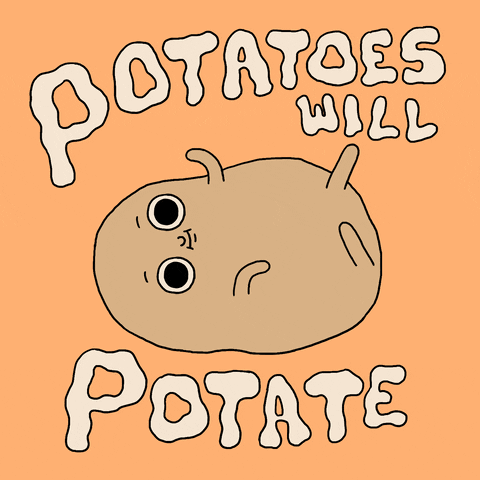
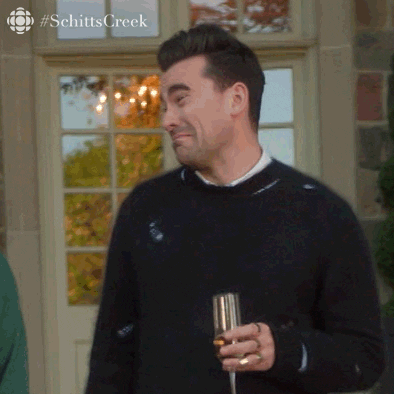



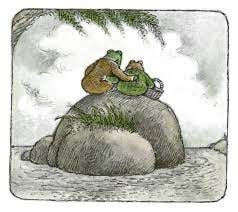
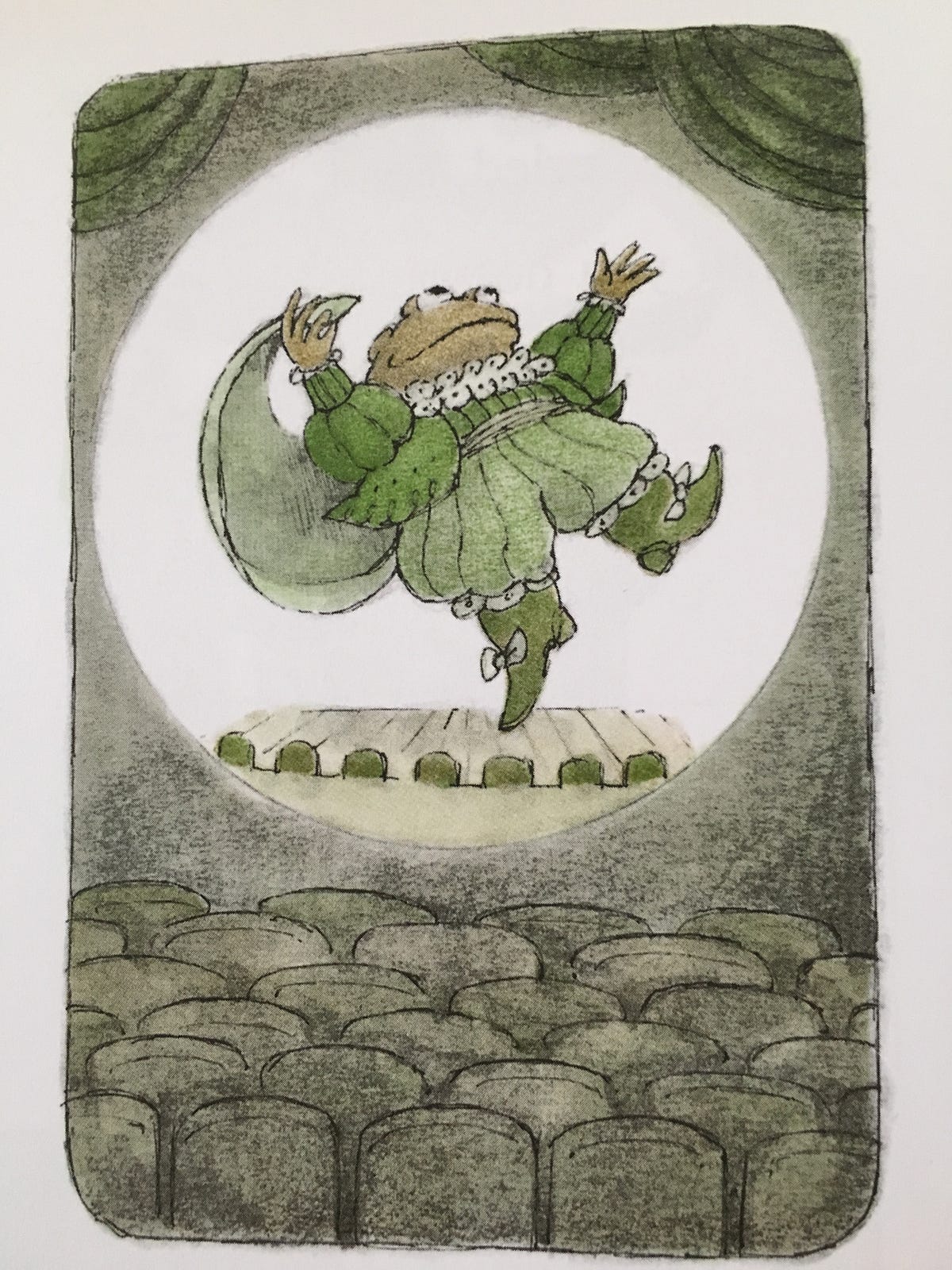
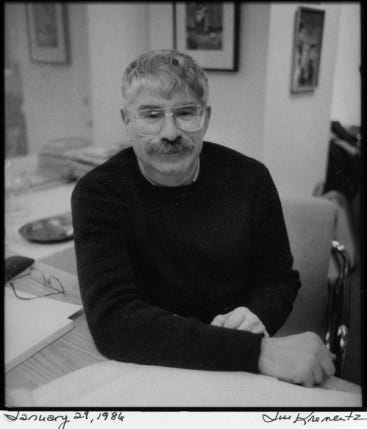


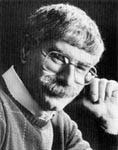





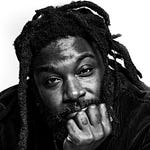



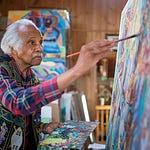
Share this post